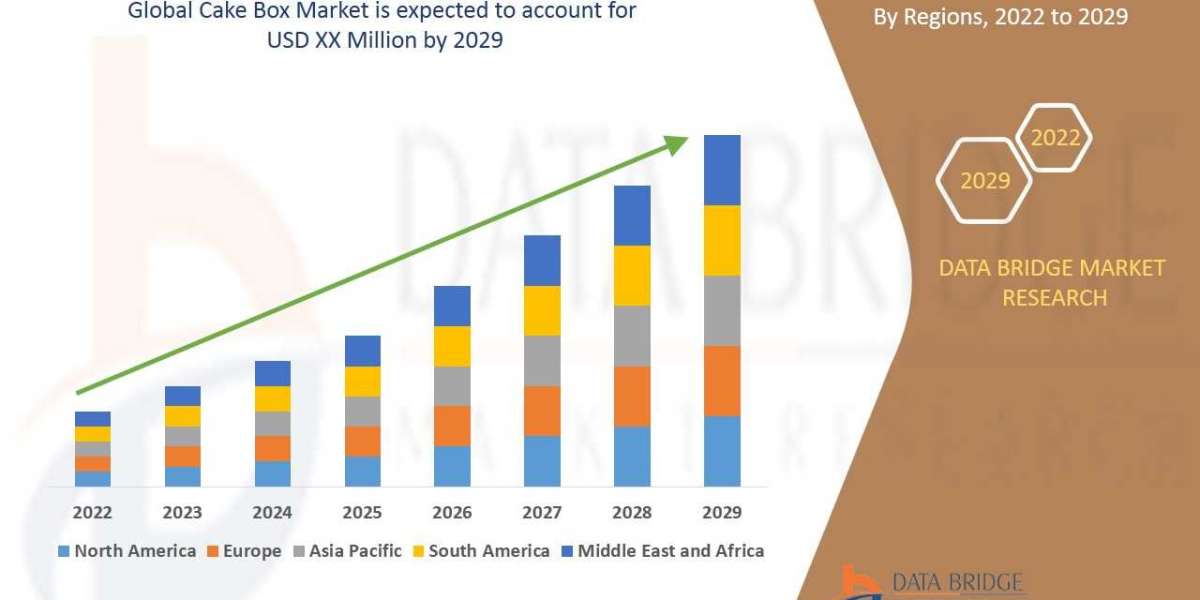To think of solving inflation may seem like a monumental task. Let’s try and break it up for everyone over here.
Inflation is a persistent rise in the general price level of goods and services in an economy over a period of time. It is often measured as the percentage change in the consumer price index (CPI) over time. While a small amount of inflation is generally considered to be beneficial for an economy, as it can encourage spending and investment, high and persistent levels of inflation can be detrimental, leading to economic instability and eroding the purchasing power of money.
So, what is the best way of solving inflation on a policy or government level? Here are a few options:
- Implementing monetary policy: One of the most common ways to address inflation is through the use of monetary policy. Central banks, such as the Reserve Bank of India, use tools such as interest rates and quantitative easing to influence the supply and demand of money in the economy, with the goal of achieving price stability. By raising interest rates, central banks can decrease the supply of money and credit, which can help reduce inflation. On the other hand, by lowering interest rates and increasing the supply of money and credit, central banks can stimulate economic growth and potentially increase inflation.
- Implementing fiscal policy: Fiscal policy, which refers to government spending and taxation, can also be used to address inflation. For example, if the government increases taxes or reduces spending, it can help reduce demand in the economy and decrease inflationary pressures. On the other hand, if the government increases spending or reduces taxes, it can stimulate demand and potentially increase inflation.
- Price controls: Price controls, which involve the government setting limits on the prices of certain goods and services, can also be used to address inflation. While price controls can help address short-term inflationary pressures, they can also have negative consequences, such as reducing the supply of goods and services and causing shortages.
- Structural reforms: Structural reforms, which involve changes to the underlying structure of an economy, can also be effective in addressing persistent inflation. For example, reforms that increase competition and productivity, such as deregulation and privatization, can help reduce inflationary pressures in the long run.
Inflation can have a significant impact on an individual’s purchasing power and financial well-being. Here are a few ways that individuals can respond to and manage inflation:
- Adjust spending and saving habits: One of the most effective ways to manage inflation is to adjust spending and saving habits in response to changes in the cost of living. This may involve cutting back on unnecessary expenses, increasing income through additional work or education, and saving more money in order to maintain purchasing power.
- Use budgeting tools: Budgeting tools, such as a budgeting app or spreadsheet, can help individuals track their income and expenses and make informed decisions about how to allocate their money in the face of inflation.
- Diversify investments: Diversifying investments can help individuals protect their assets from the negative effects of inflation. This may involve investing in a mix of assets, such as stocks, bonds, real estate, and commodities, in order to spread risk and potentially achieve higher returns over the long term.
- Consider the impact of compounding: Inflation can have a compounding effect on an individual’s financial well-being over time. For example, if the rate of inflation is 3% per year, the purchasing power of money will be cut in half every 25 years or so. It is important to consider the long-term impact of inflation and to take steps to protect against it.
- Shop around and negotiate: Inflation can make it more difficult to stretch money further, but there are still ways to save. Shopping around for the best prices and negotiating for discounts or better terms can help individuals save money and stretch their purchasing power.
- Upskill and increase income: One of the most effective ways to combat the negative effects of inflation is to increase income through upskilling and education. By improving job skills and qualifications, individuals can increase their earning potential and make it easier to maintain their purchasing power in the face of rising prices.
- Invest in assets that are expected to increase in value: Inflation can erode the value of cash and other fixed-income assets over time. Investing in assets that are expected to increase in value, such as stocks or real estate, can help individuals protect their purchasing power and potentially achieve higher returns over the long term.
- Make use of compound interest: Compound interest is the process by which interest is earned on both the original principal and the accumulated interest of an investment. By investing in assets that offer compound interest, such as a savings account or a certificate of deposit, individuals can potentially earn higher returns over time, which can help protect against the negative effects of inflation.
- Consider alternative investments: Alternative investments, such as gold or cryptocurrency, can also be a way to protect against inflation. These investments may be less correlated with traditional financial markets and can potentially offer a hedge against inflation. However, it is important to carefully consider the risks and potential returns of alternative investments before making a decision.
- Use inflation-protected products: Inflation-protected products, such as inflation-protected bonds or annuities, can also be a way to protect against inflation. These products are designed to provide a return that is linked to the rate of inflation, which can help maintain purchasing power over time.
- Use cost-of-living adjustments: Some financial instruments, such as pensions or contracts, may include provisions for cost-of-living adjustments (COLAs). COLAs are designed to increase the value of these instruments in line with the rate of inflation, which can help maintain purchasing power over time.
- Shop for the best prices and deals: Inflation can make it more difficult to stretch money further, but there are still ways to save. Shopping around for the best prices and looking for deals and discounts can help individuals save money and stretch their purchasing power.
- Use cashback or rewards programs: Some credit cards and loyalty programs offer cashback or rewards for purchases made using the card or program. These rewards can help offset the negative effects of inflation by providing a discount on purchases.
- Use price comparison websites: Price comparison websites can help individuals find the best prices on goods and services, making it easier to stretch money further in the face of rising prices.
- Use coupons and voucher codes: Coupons and voucher codes can also help individuals save money on purchases and stretch their purchasing power in the face of inflation. These discounts can be found in a variety of places, including online, in newspapers, and on product packaging.
- Use price tracking tools: Price tracking tools, such as price history websites or apps, can help individuals track the prices of goods and services over time. This can be useful for identifying trends and spotting opportunities to save money.
- Buy in bulk: Buying in bulk can often result in lower prices per unit, which can help individuals save money and stretch their purchasing power in the face of inflation. However, it is important to consider storage and expiration dates when buying in bulk, as well as the potential for waste.
- Use store or manufacturer coupons: Store or manufacturer coupons can also help individuals save money on purchases and stretch their purchasing power in the face of inflation. These coupons can be found in a variety of places, including online, in newspapers, and on product packaging.
- Negotiate prices: In some cases, it may be possible to negotiate prices with merchants or service providers. By negotiating for a lower price, individuals can save money and stretch their purchasing power in the face of inflation.
- Shop around for the best rates: Inflation can also affect the cost of borrowing, such as mortgage rates or credit card rates. By shopping around for the best rates, individuals can potentially save money on borrowing costs and stretch their purchasing power.
Solving inflation is the talk of the hour.
Everything is getting expensive. What’s the simple cure?
In a word, Compounding!Compounding in terms of upskilling yourself, investing, hustling, creating a personal brand or anything that makes you better than you were yesterday.
The only catch is that one can’t see the results immediately.
– Karthik Magaji
Good things can only compound over time!
Compounding your learning is easier with our fully stacked library at our coworking space in Bangalore.
Learn about our workspace in Bangalore


